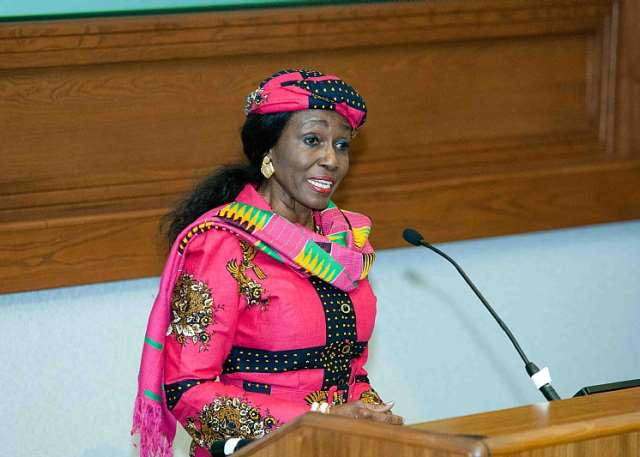Veteran Ghanaian rapper Nii Addo Quaynor, popularly known as Tinny, has declared that HipLife, the once-dominant genre that shaped Ghana’s urban music culture, has lost its relevance in today’s music scene.
Speaking in an interview on Daybreak Hitz on October 22, 2025, Tinny reflected on Ghana’s musical evolution, acknowledging the rise of new talents while lamenting the disappearance of HipLife — the genre that once defined a generation.

“It’s growing, and it’s wonderful to me,” Tinny said. “These young artistes coming up, I see great talents. Before, they used to sound alike, but now I hear diversity and different skills.”
He praised the vibrancy and global recognition Ghana’s music industry now enjoys, noting that the country’s creative output far outweighs its population size.
“When you talk about music in Ghana, the country is on fire. Our population compared to what we produce musically, it doesn’t even tally,” he added.
Despite this progress, Tinny lamented the fading of HipLife — the pioneering blend of Ghanaian highlife and hip-hop rhythms that propelled stars like Reggie Rockstone, Obrafour, and himself to fame in the late 1990s and early 2000s.
“The only thing is, these days, HipLife is dead,” he declared. “I don’t see any upcoming artiste being asked what they do and saying they’re into HipLife music.”

Tinny’s comments have reignited a heated debate within Ghana’s entertainment circles about whether HipLife is truly dead or has simply evolved into Afrobeats and Afro-fusion, genres now dominating Africa’s global music footprint.
Some industry insiders argue that HipLife laid the foundation for modern Ghanaian sounds, while others contend that music naturally evolves with time, and today’s generation is simply redefining the sound of Ghana.
For many fans, Tinny’s remarks evoke nostalgia for the golden era of Ghanaian music, when HipLife served as the country’s defining cultural identity — one that bridged traditional rhythms with youthful energy and street expression.




